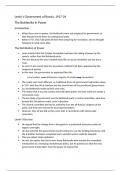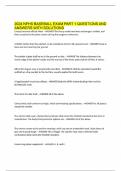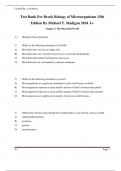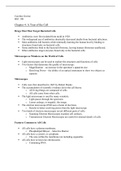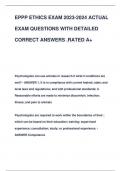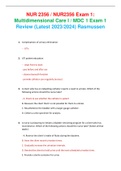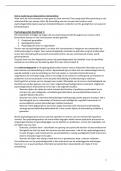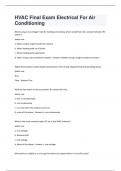Summary
Summary Revision Notes: OCR A Level History, Russia, Chapter 5 - Lenin's Government of Russia 1917-24
- Institution
- OCR
These revision notes provide a detailed summary of the fifth chapter of Michael Lynch's 'Access to History, Russia ' - the OCR recommended textbook for the Russia - paper. I used these notes to achieve a grade A in my history A Level.
[Show more]
